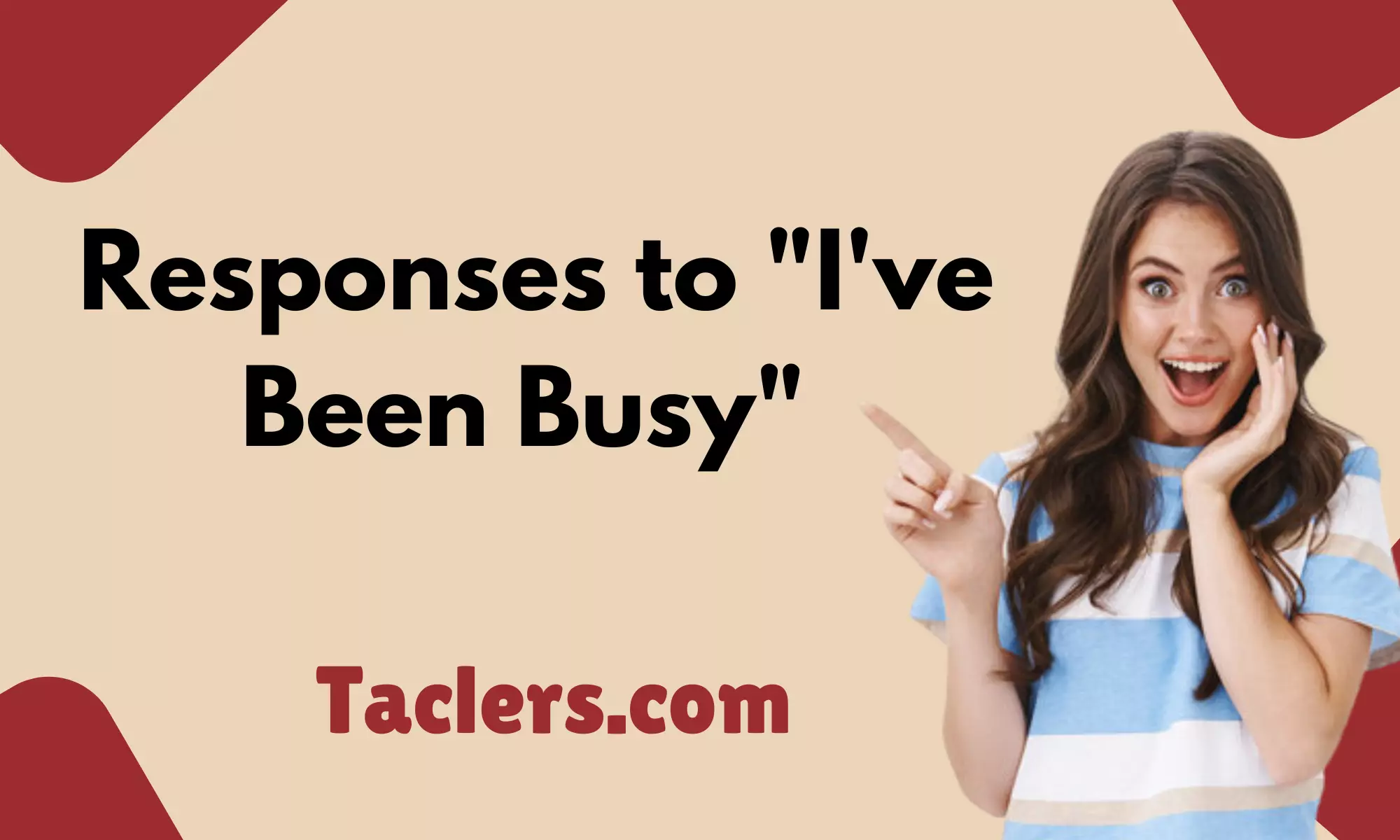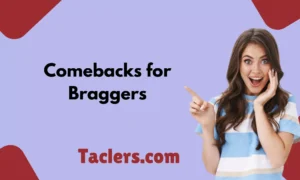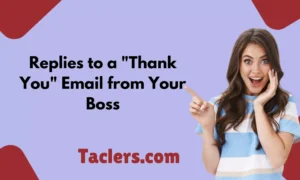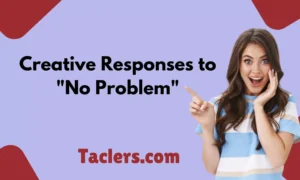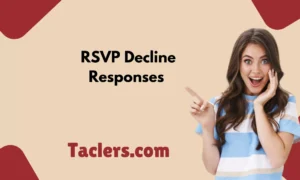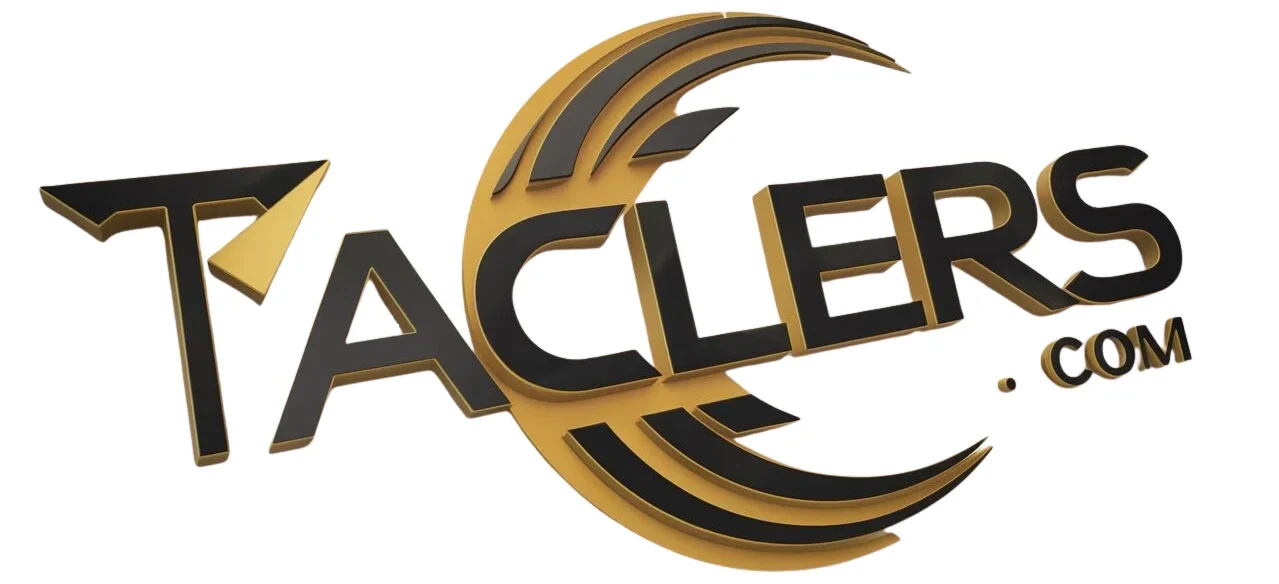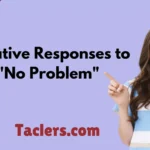When someone says, “I’ve been busy,” it often means they’re juggling multiple tasks or challenges. Your response can convey empathy, understanding, and support while maintaining professionalism or friendliness.
Here are 30 thoughtful replies to use when someone shares that they’ve been busy.
1. “I Understand, We All Have Busy Periods.”
Explanation:
Acknowledges their situation while empathizing with their busy schedule.
Example:
Person A: I’ve been busy.
Person B: I understand, we all have busy periods.
By saying “We all have busy periods,” you normalize their experience and show empathy.
2. “I Appreciate Your Effort to Stay in Touch.”
Explanation:
Shows gratitude for their attempt to communicate despite their busy schedule.
Example:
Person A: I’ve been busy.
Person B: I appreciate your effort to stay in touch.
By saying “Appreciate your effort,” you acknowledge their commitment.
3. “I Hope Things Calm Down for You Soon.”
Explanation:
Expresses hope that their busy period will ease up soon.
Example:
Person A: I’ve been busy.
Person B: I hope things calm down for you soon.
By saying “Hope things calm down,” you show support for their well-being.
4. “Let Me Know If There’s Anything I Can Help With.”
Explanation:
Offers assistance, showing that you’re willing to support them during their busy time.
Example:
Person A: I’ve been busy.
Person B: Let me know if there’s anything I can help with.
By saying “Anything I can help with,” you offer practical support.
5. “I Understand, Balancing Everything Can Be Challenging.”
Explanation:
Acknowledges the difficulty of managing multiple tasks.
Example:
Person A: I’ve been busy.
Person B: I understand, balancing everything can be challenging.
By saying “Balancing everything,” you empathize with their situation.
6. “I’m Here Whenever You’re Ready to Catch Up.”
Explanation:
Shows that you’re available whenever they’re able to reconnect.
Example:
Person A: I’ve been busy.
Person B: I’m here whenever you’re ready to catch up.
By saying “Whenever you’re ready,” you assure them of your patience.
7. “I Appreciate Your Honesty. Let’s Find a Better Time.”
Explanation:
Shows understanding and suggests finding a more convenient time to connect.
Example:
Person A: I’ve been busy.
Person B: I appreciate your honesty. Let’s find a better time.
By saying “Find a better time,” you work towards accommodating their schedule.
8. “I Hope You’re Managing to Take Some Breaks.”
Explanation:
Expresses concern for their well-being and encourages self-care.
Example:
Person A: I’ve been busy.
Person B: I hope you’re managing to take some breaks.
By saying “Take some breaks,” you emphasize the importance of relaxation.
9. “Thanks for Letting Me Know. I Hope It’s Not Too Overwhelming.”
Explanation:
Shows appreciation for their update and concern for their stress level.
Example:
Person A: I’ve been busy.
Person B: Thanks for letting me know. I hope it’s not too overwhelming.
By saying “Not too overwhelming,” you show concern for their well-being.
10. “No Problem, Let’s Touch Base When You’re Free.”
Explanation:
Indicates flexibility and willingness to reconnect at a more convenient time.
Example:
Person A: I’ve been busy.
Person B: No problem, let’s touch base when you’re free.
By saying “When you’re free,” you accommodate their schedule.
11. “I Completely Understand. Just Let Me Know When You’re Available.”
Explanation:
Reassures them that you understand their situation and are flexible.
Example:
Person A: I’ve been busy.
Person B: I completely understand. Just let me know when you’re available.
By saying “Let me know when you’re available,” you show patience.
12. “I Hope You’re Finding Some Time to Relax Amidst the Busyness.”
Explanation:
Encourages them to find balance and relaxation during their busy time.
Example:
Person A: I’ve been busy.
Person B: I hope you’re finding some time to relax amidst the busyness.
By saying “Time to relax,” you emphasize the importance of self-care.
13. “It Sounds Like You Have a Lot on Your Plate. Let’s Connect Later.”
Explanation:
Acknowledges their busy schedule and suggests reconnecting at a later time.
Example:
Person A: I’ve been busy.
Person B: It sounds like you have a lot on your plate. Let’s connect later.
By saying “A lot on your plate,” you recognize their workload.
14. “I Appreciate You Taking the Time to Respond.”
Explanation:
Shows gratitude for their effort to communicate despite their busy schedule.
Example:
Person A: I’ve been busy.
Person B: I appreciate you taking the time to respond.
By saying “Taking the time,” you value their effort.
15. “I Hope Your Busy Schedule Isn’t Too Stressful.”
Explanation:
Expresses concern for their stress levels and overall well-being.
Example:
Person A: I’ve been busy.
Person B: I hope your busy schedule isn’t too stressful.
By saying “Not too stressful,” you show empathy.
16. “Thanks for the Update. Let’s Plan to Catch Up When Things Settle Down.”
Explanation:
Acknowledges their update and suggests planning a catch-up for a later time.
Example:
Person A: I’ve been busy.
Person B: Thanks for the update. Let’s plan to catch up when things settle down.
By saying “When things settle down,” you accommodate their busy period.
17. “I Hope You’re Managing Well with Everything Going On.”
Explanation:
Shows concern for their ability to handle their responsibilities.
Example:
Person A: I’ve been busy.
Person B: I hope you’re managing well with everything going on.
By saying “Managing well,” you show support and concern.
18. “No Worries. Just Let Me Know When You Have a Free Moment.”
Explanation:
Reassures them that there’s no pressure and invites them to connect when convenient.
Example:
Person A: I’ve been busy.
Person B: No worries. Just let me know when you have a free moment.
By saying “When you have a free moment,” you respect their schedule.
19. “It’s Good to Hear from You Despite Your Busy Schedule.”
Explanation:
Appreciates their communication efforts despite their busy schedule.
Example:
Person A: I’ve been busy.
Person B: It’s good to hear from you despite your busy schedule.
By saying “Good to hear from you,” you value their effort to stay in touch.
20. “I Understand. We Can Reconnect When Your Schedule Lightens Up.”
Explanation:
Acknowledges their busy period and suggests reconnecting later.
Example:
Person A: I’ve been busy.
Person B: I understand. We can reconnect when your schedule lightens up.
By saying “When your schedule lightens up,” you accommodate their current situation.
21. “I Hope Things Settle Down for You Soon.”
Explanation:
Expresses hope for an improvement in their busy situation.
Example:
Person A: I’ve been busy.
Person B: I hope things settle down for you soon.
By saying “Settle down,” you show concern for their well-being.
22. “Thanks for Letting Me Know. We Can Catch Up Later.”
Explanation:
Shows appreciation for their update and suggests catching up at a later time.
Example:
Person A: I’ve been busy.
Person B: Thanks for letting me know. We can catch up later.
By saying “Catch up later,” you imply flexibility and understanding.
23. “I Hope You’re Finding Some Balance Amidst the Busyness.”
Explanation:
Encourages them to find balance despite their busy schedule.
Example:
Person A: I’ve been busy.
Person B: I hope you’re finding some balance amidst the busyness.
By saying “Finding some balance,” you emphasize the importance of managing stress.
24. “I Appreciate Your Update. Let’s Find a Better Time to Connect.”
Explanation:
Acknowledges their situation and suggests finding a more suitable time.
Example:
Person A: I’ve been busy.
Person B: I appreciate your update. Let’s find a better time to connect.
By saying “Find a better time,” you respect their current workload.
25. “I’m Here to Support You Whenever You Need It.”
Explanation:
Offers support and shows that you’re available if they need help.
Example:
Person A: I’ve been busy.
Person B: I’m here to support you whenever you need it.
By saying “Support you whenever you need it,” you show willingness to assist.
26. “I Understand How Busy Things Can Get. Let’s Catch Up When You’re Free.”
Explanation:
Empathizes with their busy schedule and suggests reconnecting at a more convenient time.
Example:
Person A: I’ve been busy.
Person B: I understand how busy things can get. Let’s catch up when you’re free.
By saying “Catch up when you’re free,” you accommodate their availability.
27. “I Appreciate Your Effort to Keep in Touch Despite Your Busy Schedule.”
Explanation:
Acknowledges and values their effort to communicate despite their busyness.
Example:
Person A: I’ve been busy.
Person B: I appreciate your effort to keep in touch despite your busy schedule.
By saying “Keep in touch,” you value their commitment to communication.
28. “I Hope You’re Managing to Find Some Downtime.”
Explanation:
Encourages them to find time for relaxation despite their busy schedule.
Example:
Person A: I’ve been busy.
Person B: I hope you’re managing to find some downtime.
By saying “Find some downtime,” you emphasize the need for relaxation.
29. “No Problem, We Can Reschedule for a More Convenient Time.”
Explanation:
Shows flexibility and willingness to adjust plans according to their schedule.
Example:
Person A: I’ve been busy.
Person B: No problem, we can reschedule for a more convenient time.
By saying “Reschedule for a more convenient time,” you accommodate their needs.
30. “I Hope Things Settle Down for You Soon. Let’s Touch Base Later.”
Explanation:
Expresses hope for improvement in their situation and suggests reconnecting later.
Example:
Person A: I’ve been busy.
Person B: I hope things settle down for you soon. Let’s touch base later.
By saying “Touch base later,” you show understanding and patience.

James Wilson, an acclaimed author on Taclers.com, has a passion for exploring the nuances of human interaction. His profound observations and eloquent prose bring a new dimension to understanding reactions. Join him on a journey through the intricate dance of emotions and responses.
